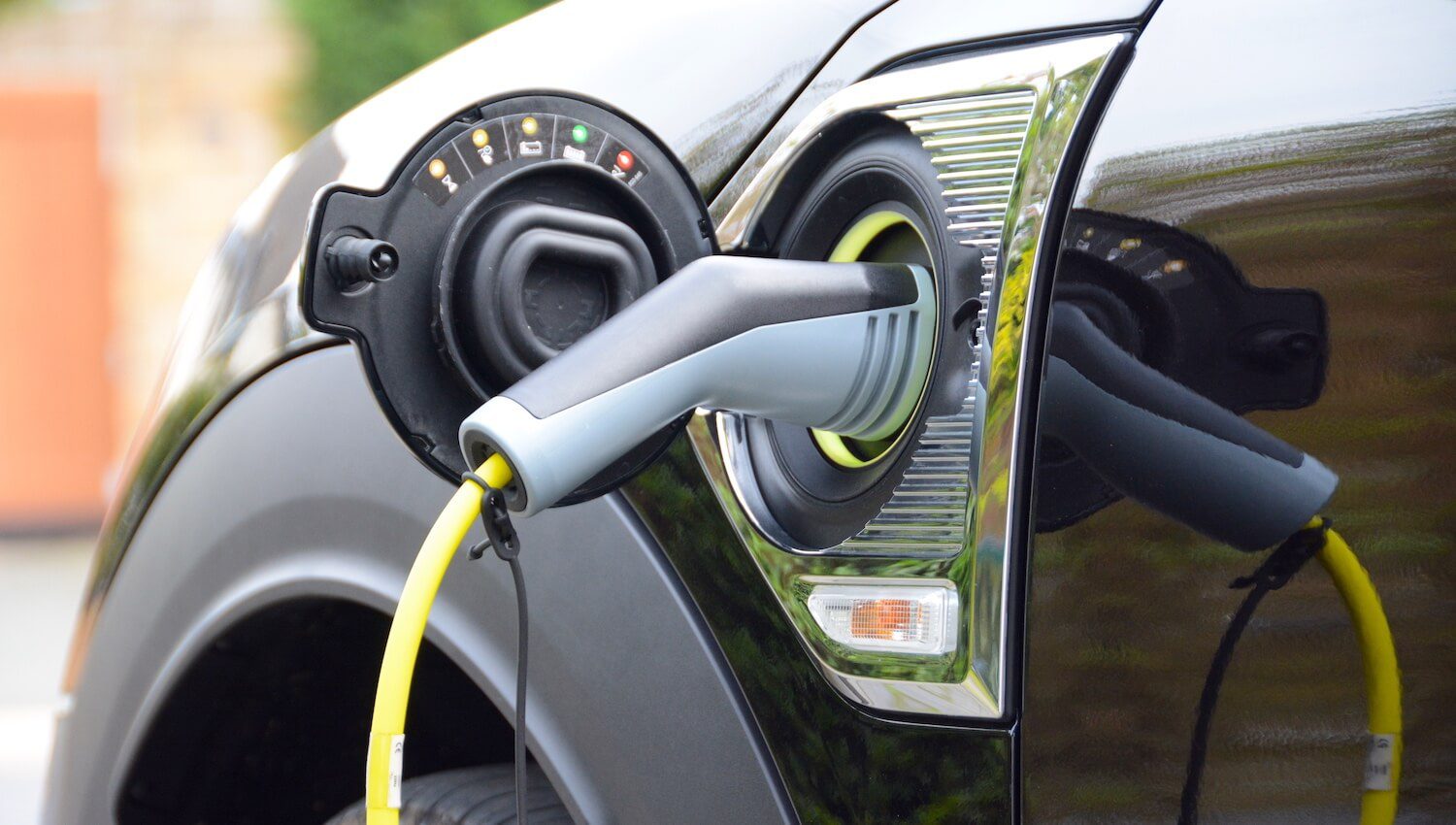With the goal of stimulating growth with clean energy and low-carbon technologies, Guyana is encouraging investments in low-emission cars and renewable energy sources with tax exemptions.
In the finalised Low Carbon Development Strategy (LCDS) 2030 – a national low-carbon advancement policy – the government has put in motion incentives for consumers when it comes to the importation of equipment and machinery for renewable energy generation, as well as the importation of liquefied petroleum gas (LPG) vehicles.
With regards to renewable energy equipment/machinery, these are eligible for customs duty and value-added tax (VAT) exemptions under existing laws. Equipment and machinery include solar panels, solar lamps, deep-cycle batteries, solar generators, solar water heaters, solar cookers, direct current (DC) solar air conditioners, wind turbines, water turbines, power inverters, and energy-efficient lighting – including compact fluorescent lamps and light-emitting dioxide (LED) lamps.
Importantly too, there is also a one-off tax holiday of two years for corporation tax to importers of items for wind and solar energy investments.
What does installing solar and renewable energy technologies in the home mean for the average Guyanese? In addition to benefitting from reliable energy that’s also clean for the environment, one’s electricity bill at the end of the month will be significantly reduced – resulting in massive savings.
Meanwhile, for LPG vehicles, taxes have been lowered for these automobiles up to 2000CC, less than four years old (45% duty and 14% VAT) with duty exemptions for LPG conversion kits. Taxes have also been lowered for hybrid vehicles up to 2000CC; less than four years old pay 45% duty and 14% VAT.
Since these vehicles would not be utilizing petrol or diesel, LPG vehicles are cleaner, translating to less wear of your vehicle’s engine components and reduced maintenance bills. Furthermore, because natural gas is also a cleaner fuel, it means that these vehicles emit less harmful gasses.
Six companies competing to supply Guyana’s first public electric vehicle charging stations | OilNOW
In addition to LPG vehicles, LCDS 2030 also supports the use of electric vehicles (EVs) in Guyana. The Guyana Energy Agency (GEA) is engaging a supplier to construct six charging stations across the country. To support this industry too, the GEA in partnership with the Inter-American Development Bank (IDB) and Mega Power facilitated an Electric Vehicle Maintenance and Repairs Workshop earlier this month. Twelve Guyanese were selected for the first phase of this workshop.
Combined, these incentives for these two industries’ projects will go hand-in-hand with this South American nation’s goal for sustainable development while still remaining a low-carbon economy.



